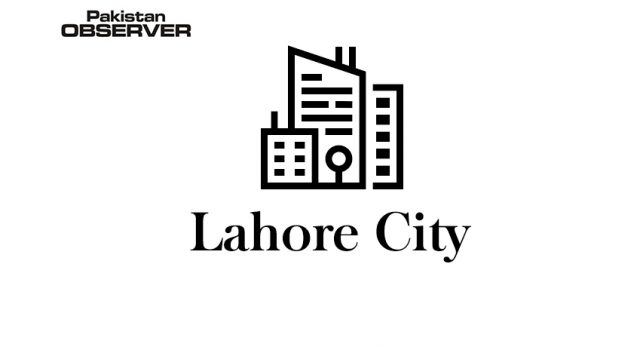Punjab Higher Education Commission has established high level “Higher Education Reforms Sub-Committees” in collaboration with Association of Private Sector Universities of Punjab (APSUP) after 18 years of the last reforms proposed by Dr. Ata-ur-Rehman in the year 2002.
The Sub-Committee for Higher Education Reforms met under the chairmanship of Dr. Fazal Ahmad Khalid, Chairman PHEC. The other participants included Maj. Gen Obaid Bin Zakria (VC, Lahore Garrison University), Prof. Dr. Syed Masroor Sarwar (VC, UET, Lahore),Prof. Dr. Asghar zaidi (VC, GCU, Lahore), Dr. Sumaira Rehman (Rector, Superior College Lahore), Syed Nabeel Hashmi, Jahanzaib Burana, Mian Khalid Rehman, Dr. Muhammad Ramzan, Mr. Murtaza Umer Bashir, nauman Maqbool Rao and special participation of Prof. D. Ch. Abdul Rehman (Chairman APSUP, Executive Member Higher Education Reforms Committee Govt. of the Punjab).
Prof. Dr Ch. Abdul Rehman, Chairman APSUP shared a concept paper highlighting the need of shift from outdated education system to a more progressing. With the purpose of existence and significance he proposed a paradigm shift based on the best international educational practices.
PHEC is serving the core agendas of Accelerating access to higher education in the country, Ensuring quality of higher education Action for Research commercialization, Pakistan universities’ global ranking, pursuance of approved accreditation committees & PHEC cases pending with HED and One window solution provision for higher education institutions.
There are further two sub committees formed to fulfill these objectives. The first committee will be working on brining reforms under the supervision of Chairman Punjab Higher Education Commission while the second sub-committee will be working under the supervision of Sectery Higher Education Deparment pursuing approved pending cases and one window solution mechanism.
The last reforms produced excellent results where “Tenure Track System” improved the productivity of faculty, the “Quality Enhancement Cells” introduced the quality assurance mechanism in HEIs and the “Indigenous Scholarships” enhanced the number of trained faculty and research output. These reforms not only increased the number of universities from 59 in 2001-02 to 178 in 2014-15 but also increased the number of graduates from 276274 in 2001-2 to 1.28 million in 2014-15.
APSUP has taken giant steps in analyzing and proposing needful higher education reforms. The APSUP initiatives met a great encouragement from the Punjab Minister for Higher Education Raja Yasir Humayun and Dr. Fazal Ahmad Khalid, Chairman PHEC, industry experts, industrialists and entrepreneurial icons. The collaboration resulted in establishing two Higher Education Reforms Committees. First for the pursuance and assistance in speeding up the approved yet pending higher education institutes’ cases and the second for proposing and implementing reforms strategies.
The following enablers for higher education reforms were also proposed including Empowerment to start innovative and creative programs, Establishment of entrepreneurial ecosystem, OBE based curriculum to ensure excellence, Practicing EI through student engagement activities like clubs & societies, Commercialization of research, Reward and recognition programs based on performance evaluation system of teaching and academic staff.









